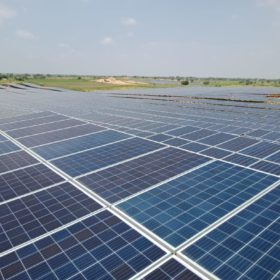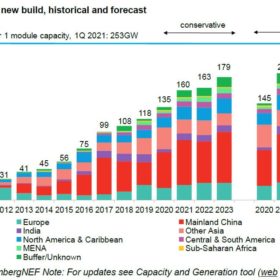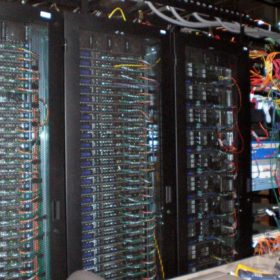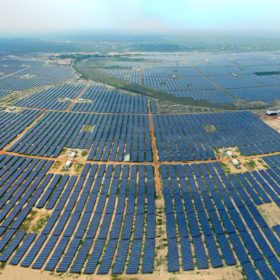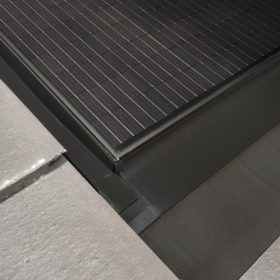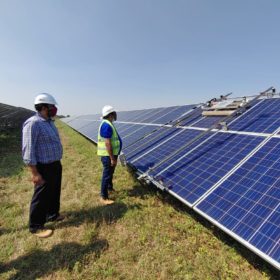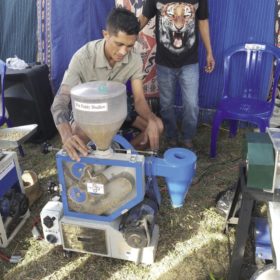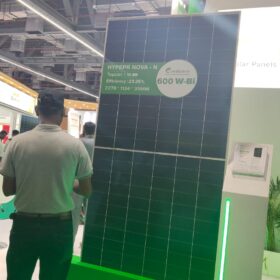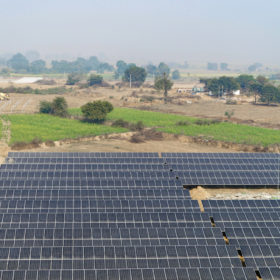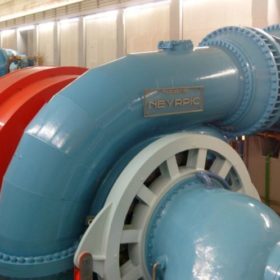Another bidding extension for 20 MW solar-plus-storage in Ladakh
The Solar Energy Corporation of India has allowed a two-week bidding extension for the installation of a 20 MW (AC) solar plant (50 MWp DC) with 20 MW/50 MWh battery energy storage in the union territory of Ladakh.
EESL tenders 100 MW solar EPC work in Maharashtra
Solar module manufacturers, grid-tied inverter manufacturers and PV system integrators with requisite EPC experience can bid for the grid-interactive PV capacity. The plants—to be set up in sizes ranging from 2 MW to 10 MW—shall come up in various districts of the state. Bidding closes on March 17.
BloombergNEF expects up to 209 GW of new solar for this year
A new report from the U.S.-based analyst predicts that new PV additions for 2021 may range from 163 to 221 GW next year and from 179 to 240 GW in 2023. According to BloombergNEF, the current supply bottlenecks for glass and polysilicon will unlikely halt the global PV market.
India added 3.2 GW of solar capacity in 2020
With large projects contributing 78% of the new capacity, the nation installed less than half the 7.3 GW added in 2019 and recorded its poorest figures in five years, according to a Mercom India report.
Adani launches joint venture for renewables-powered data centers
AdaniConneX, the joint venture with US-based data center solution provider EdgeConneX, will develop renewable energy-powered data centers with up to 1 GW of power demand in India over the next decade.
JMK says India could install 9.7 GW of new utility-scale solar in 2021
The nation is going to make great strides in new utility-scale solar installation this year after adding just about 2.6 GW in 2020.
Larsen & Toubro wins 400 MW solar EPC work in Gujarat
The Indian engineering, procurement and construction contractor has secured orders to build two solar plants of 200 MW each in Gujarat. It has also won significant contracts for power transmission and distribution related work in Rajasthan, West Bengal, Tamil Nadu, and Arabian country Qatar.
Viridian Solar unveils roof-integrated solar panels with power of 335/340 W
The new devices feature efficiencies ranging from 20.7-21%. The panels are said to be compatible with a wide range of slates and tiles, include special fixings for different batten thicknesses, and achieve the highest fire rating and wind resistance without modifications to the roof.
Indian startup Solavio Labs raises Canadian fund
The solar panel-cleaning robot startup, which saw its sales jump 125 times last year, has thus far raised three levels of funding amounting to INR 2 crore from government bodies in India, Dubai, and Canada.
The long read: Filling the energy technology, poverty gap
Advanced technology is of little use if it cannot reach those who need it most. Two Indonesian companies – Kopernik, an NGO based in Bali, and Sumba Sustainable Solutions, from the island of Sumba – are trying to bridge the gap between those in need and those with technological solutions. They both focus on the PV electrification of rural areas and brightening Indonesia’s “last mile.”

